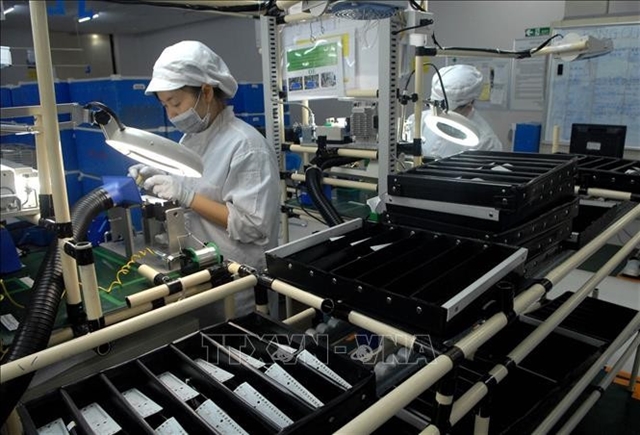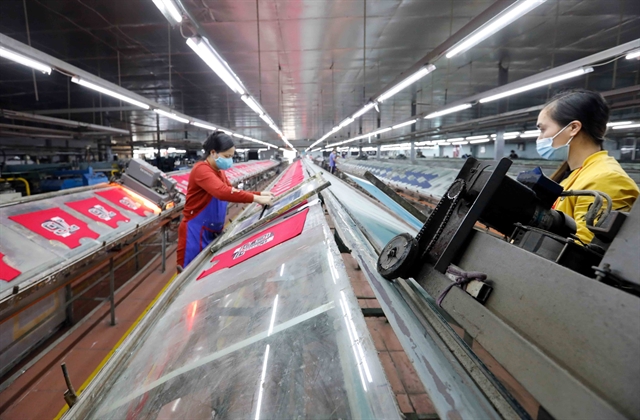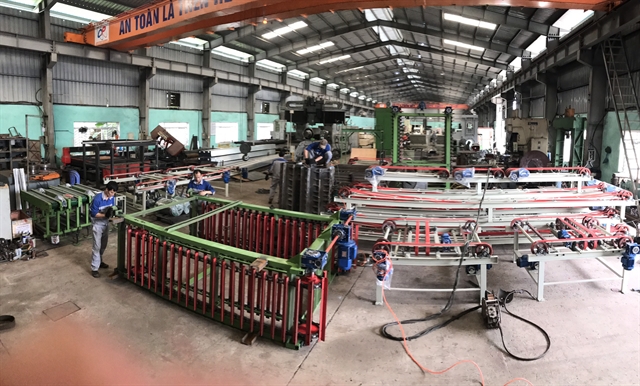 Economy
Economy
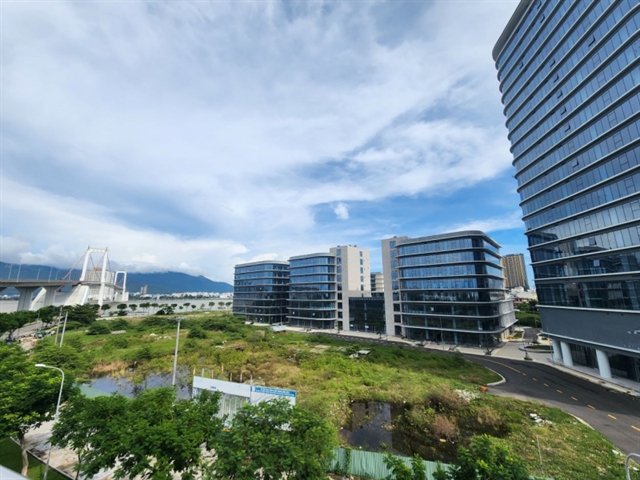
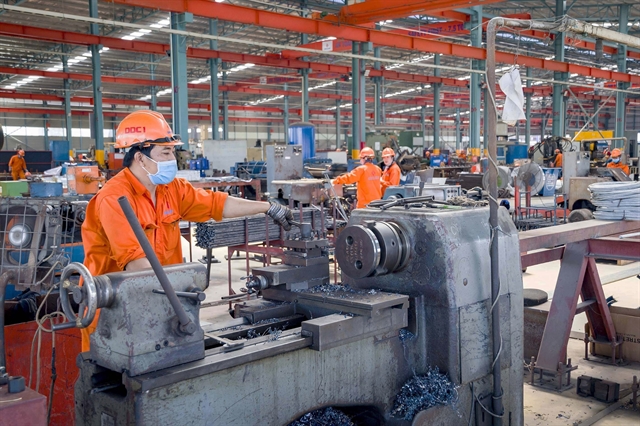 |
| Workers at a mechanical engineering factory in the An Hạ Industrial Zone, Bình Chánh District, HCM City. — VNA/VNS Photo |
HÀ NỘI — Measures should be taken to bolster the development of Việt Nam’s mechanical engineering industry.
Despite having about 3,100 mechanical engineering companies with 53,000 production facilities, the firms account for just 7 per cent of the market, according to the Vietnam Association of Mechanical Industries (VAMI).
The association said numerous obstacles and issues are still holding the industry back from reaching its full potential as the Southeast Asian country imports around US$40 billion worth of equipment, machinery, industrial, agricultural, infrastructure, service and defence materials annually.
A recent report by the Department of Industry under the Ministry of Industry and Trade (MoIT) said the industry mainly focuses on three sectors: motorcycles and motorcycle parts; household mechanics and tools; and automobiles and auto parts, which are all good starting points for building the industry further.
Vietnamese companies can now produce and assemble almost all types of passenger cars, trucks and buses as motorcycle production has achieved a localisation rate of 85-95 per cent, with major players in the market such as Vinfast, Thành Công and Thaco.
The industry has gradually increased the localisation rate, fuelling the development of other industries and the economy while creating jobs for millions of workers. However, the industry has only met about one third of domestic demand.
Industry experts said with a population of 100 million, mostly young, Việt Nam can become a centre of mechanical engineering in Southeast Asia. Subpar product quality and high costs have been key issues preventing the birth of large mechanical engineering companies with international reach in Việt Nam.
The association called for stronger support from the Government to help integrate the industry into additional economic sectors, have incentives for medium-sized companies to expand production, and provide human resources training and financial aid. In addition, attention should be focused on acquiring new technologies with incentives being given fairly among both domestic and foreign companies.
Trương Chí Bình, secretary-general of the Vietnam Association for Supporting Industries, said there has not been sufficient incentive to encourage the industry’s development in Việt Nam. He said a typical new mechanical engineering company does not expect to make profits in the first three to five years.
“There is a severe lack of investment within the industry,” he said.
He said Việt Nam could learn from successful examples in which countries have developed their mechanical engineering industry by implementing suitable policies to encourage investment and production.
The department advised the MoIT to continue building downstream industries, including energy and precision mechanics to attract investments from large international corporations. Meanwhile, the ministry should focus on creating a market to help firms increase production and improve supply chain integration.
Lê Hoàng Linh, head of the Department of Manufacturing Industry under the MoIT, said steps have been taken to encourage the use of domestic mechanical products in public investment projects, State-owned enterprise investments and Government procurements.
“We focus on building up demand for key sectors such as automobiles, agricultural mechanics and railways," Linh said.
“The market has been forecast to reach $300 billion by 2030, with automobiles alone accounting for $120 billion. This is a good opportunity for Vietnamese mechanics to reach the global market and develop,” he said. — VNS

